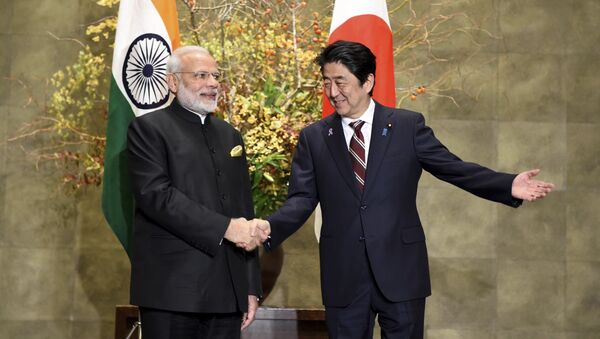Analysts consider India-Japan civil nuclear deal as a landmark even. It will help India access Japan’s nuclear market as also pave the way for US and French companies to set up nuclear reactors in India. Japanese companies such as Hitachi, Toshiba and Mitsubishi have major stakes in US and French companies as GE, Westinghouse and Areva planning to construct reactors in India. Without an India-Japan nuclear deal, it was impossible for them to set up nuclear reactors in India.
But the much hyped India-Japan nuclear deal is on fragile ground. According to the terms of the deal, the moment India conducts a nuclear test, Japan will terminate the nuclear deal. This will impact not only the Japanese nuclear reactors but also the US and French reactors.
This is not the case with India-Russia nuclear power cooperation agreement as it will remain unaffected even if India conducts nuclear test.
“India-Russia nuclear power cooperation is time tested. Russia has helped India when no country supported India. It is due to mutual trust that India has asked Russia to construct over a dozen nuclear reactors. Kudankulam nuclear power plant which is being built with Russian cooperation is one of the most advanced one. In fact, India-Russia has unique bilateral relationship in the Indian foreign policy matrix. There are several factors which drove India-Russia ties over the last six decades. First is that in spite of geo-political changes, both have shown maturity and strengthen their relations,” Rajiv Nayan, Senior Research Associate in the Institute for Defense Studies and Analysis told Sputnik.



